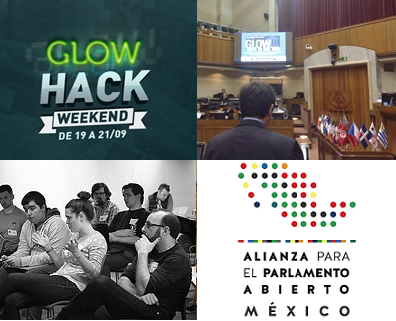News from the OpeningParliament.org community:
In Portugal, a petition that began to circulate in March calls for more comprehensive information access on the voting records of Members of Parliament on the parliament’s website. While the website currently holds a record of activity for each member, determining how an individual votes for a particular measure can be difficult. The initiative is similar to another petition, that would create an electronic registry on the votes of each representative in the National Assembly. Transparencia Hackday, a Declaration endorser, has supported these measures.
In the United Kingdom, mySociety interviewed Flavio Zeni about the Akoma Ntoso metadata format for the recently launched SayIt platform (for more on Akoma Ntoso implementation around the world, see Robert Richards’ list here). mySociety reviewed the UK Parliament’s online services last month (report available here), while Computing.com recently provided a look at technology in the British Parliament, including widening access to parlaimentary information (H/T Robert Richards).
In Hungary, the Public Policy Institute (PPI) released its report on parliamentary activities in 2013, drawing attention to several important issues, including the quality of projects initiated by parliamentarians, chronic absenteeism, abuse of tacit adoption procedures, failure to exercise legislative power to rein in the executive branch, and encouragement of political migration by some parties.
In Nigeria, CISLAC outlined various advocacy positions and strategies for engagement during the recently convened National Conference. CISLAC emphasized that beyond discussing contentious historical issues at the conference, the government needed to set the agenda “inclusive, participatory democratic governance beyond 2015.”
In the United States, the Sunlight Foundation analyzed the White House Office of Management and Budget’s opposition to portions of the DATA ACT and changes to the Senate version of the bill which weaken the bills data standardization provisions. It also has continued a webinar series on enhancing transparency in political finance, with past webinars viewable here. Elsewhere, GCN profiled the GovLab and its new public interest lab network.
Click here to read more.
